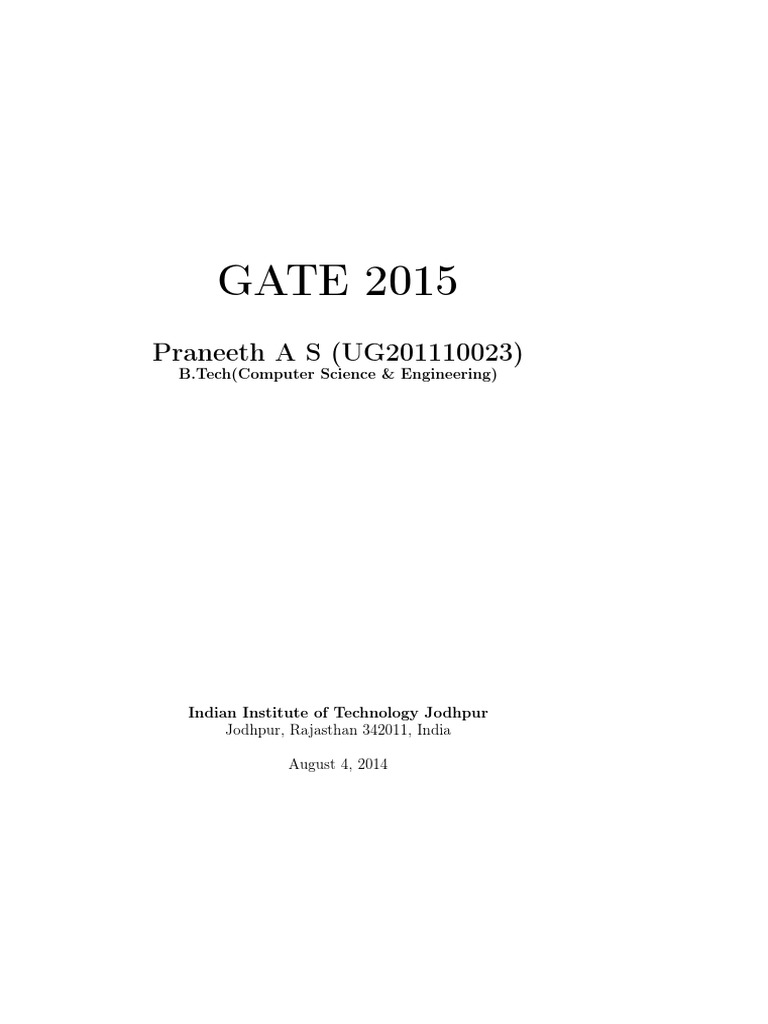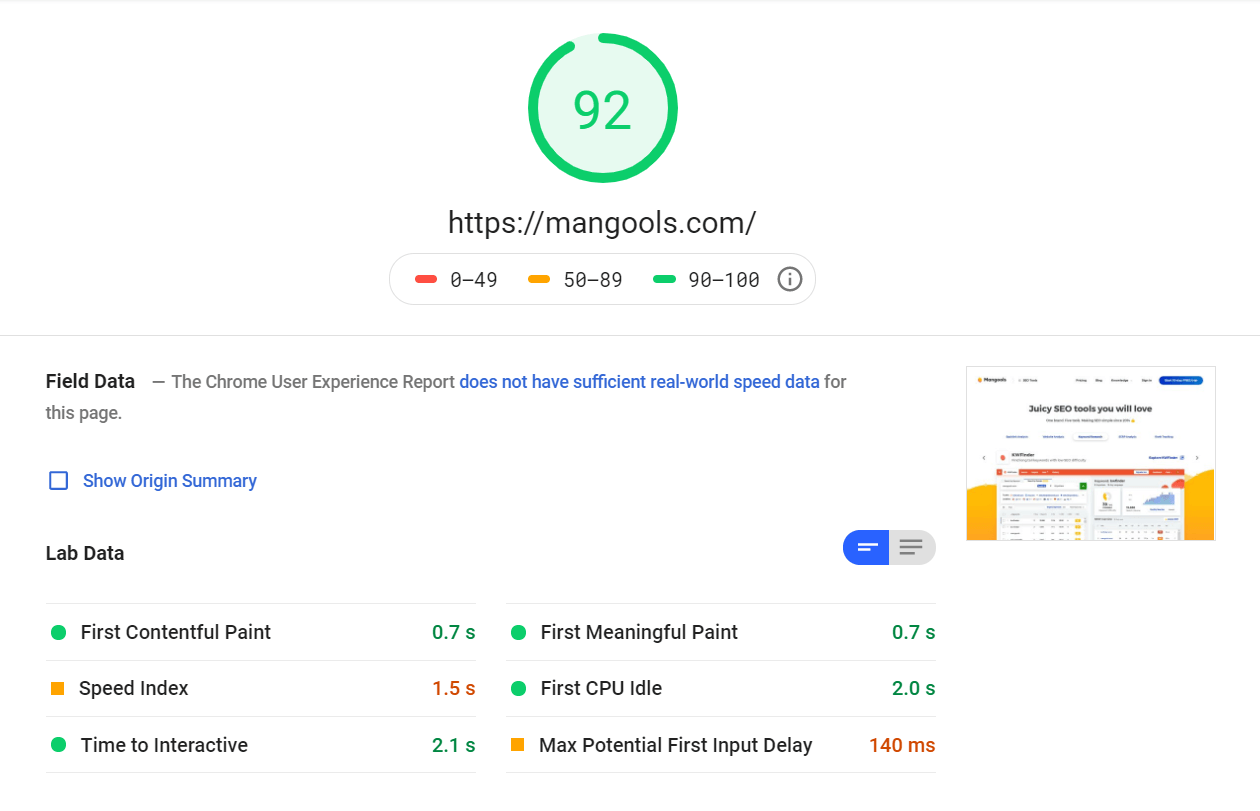OptionDescriptionnoLibDo not embody the default library file (lib.d.ts)targetSpecifies which default library (lib.d.ts) to use. The values are "es3", "es5", "es6", "es2015", "es2016", "es2017", "es2018", "es2019", "es2020", "esnext".moduleSpecifies the module system, when producing module code. The values are "amd", "commonJS", "es2015", "es6", "esnext", "none", "system", "umd".moduleResolutionSpecifies how modules are resolved for imports. When the value is a string, will in all probability be used as the manifest file name. And with the removing of support for Personal Configuration Files from the eight.zero.zero launch ahead, configuration files current in that directory might be ignored. ESLint supports including shared settings into configuration information. Plugins use settings to specify data that must be shared across all of its guidelines. You can add settings object to ESLint configuration file and it is going to be equipped to each rule being executed. This may be useful in case you are including customized guidelines and wish them to have access to the same data and be simply configurable. Using a single goal attribute value and reusing it in links is rather more user sources friendly as it solely creates one single secondary window, which is recycled. On the opposite hand, using "_blank" because the target attribute value will create several new and unnamed windows on the consumer's desktop that can not be recycled, reused.
By default, Vite will empty the outDir on construct if it is inside project root. It will emit a warning if outDir is outside of root to avoid by chance removing necessary information. You can explicitly set this option to suppress the warning. This is also obtainable by way of command line as --emptyOutDir. Files in this directory are pre-bundled deps or another cache information generated by vite, which can improve the performance. You can use --force flag or manually delete the listing to regenerate the cache information. The worth can be both an absolute file system path or a path relative to project root. Default to .vite when no package.json is detected. React Router is a vital a half of any React project. When you build single web page functions, you'll use routes to separate your application into usable pieces that customers can entry easily and constantly. React Router is a declarative routing framework. That means that you will configure the routes using normal React elements. First, it follows the standard declaractive nature of React code. You don't need to add plenty of code in componentDidMount methods or inside a useEffect Hook; your routes are elements. Second, you possibly can intuitively place routes inside of a element with other components serving as a template. As you read the code, you'll find exactly where the dynamic elements will fit in relation to the global views such as navigation or footers. Import maps allow you to import JavaScript modules utilizing logical names that map to versioned recordsdata instantly from the browser. Import maps are the default from Rails 7, allowing anyone to build fashionable JavaScript applications utilizing most NPM packages with out the need for transpiling or bundling. Both the JSON and YAML configuration file codecs support feedback (package.json information mustn't embody them). You can use JavaScript-style feedback for JSON files and YAML-style feedback for YAML recordsdata.
ESLint safely ignores comments in configuration information. This allows your configuration files to be more human-friendly. If VS Code detects that your project is growing too massive, it's going to immediate you to edit the exclude listing. The presence of jsconfig.json file in a listing signifies that the listing is the basis of a JavaScript Project. The jsconfig.json file specifies the foundation recordsdata and the choices for the options provided by the JavaScript language service. Only node_modules and build.outDir folders might be ignored by default when optimizeDeps.entries is explicitily outlined. If other folders needs to be ignored, you can use an ignore pattern as part of the entries list, marked with an preliminary !. When server.fs.strict is set to true, accessing information exterior this listing record that are not imported from an allowed file will end in a 403. Now you've a basic root component that you'll use to display other elements. If you didn't have a router, you could conditionally display parts using the useState Hook. But this wouldn't offer a fantastic expertise in your users.
Anytime a consumer refreshes the page, the user's selection would disappear. Further, they wouldn't be succesful of bookmark or share specific states of the application. The router will preserve the user state and will give the person a transparent URL that they will save or ship to others. By the tip of this tutorial, you'll be able to add routes to any React project and skim info out of your routes so that you simply can create flexible elements that reply to URL information. In the case the place a consumer initiates a clipboard copy and doesn't name preventDefault(), the copy event includes a clipboardData property with the objects already in the right format. If you wish to implement your personal logic, you want to call preventDefault() to stop the default conduct in favor of your own implementation. Consider a page with text and a picture, and when the user selects all and initiates a clipboard copy, your customized answer ought to discard textual content and only copy the picture. You can obtain this as shown in the code pattern below. What's not covered in this instance is tips on how to fall back to earlier APIs when the Clipboard API is not supported. I'll cowl that underneath Feature detection, later in this article.
With IntelliJ IDEA, you possibly can set the default system node alias as your project's Node.js version. After that this model shall be mechanically utilized by all the instruments that require Node.js and in all new run/debug configurations. In explicit, because of this you will not should replace the settings for each software should you install a new Node.js version and make it the default node alias in your system. Navigate to the foundation /bootstrap/ directory, then run npm install. Npm will take a glance at the package deal.json file and automatically set up the required local dependencies listed there. One of the primary classes you study in jQM is that each one your js/jquery code goes in a single file loaded with the primary page. In that one file you bind all the events you will want in the entire utility. Attaching js/jquery to each page that you simply expect to fire when that page is seen just does not minimize it. A sharable configuration is an npm package that exports a configuration object. Make positive that you've put in the package in your project root listing, in order that ESLint can require it. Package.json - create an eslintConfig property in your bundle.json file and define your configuration there. When set to true, the build may also generate a SSR manifest for figuring out style links and asset preload directives in manufacturing. When operating vite from the command line, Vite will mechanically attempt to resolve a config file named vite.config.js inside project root. React Router is amongst the most popular routing frameworks for React. The library is designed with intuitive components to allow you to construct a declarative routing system on your utility. This means that you could declare precisely which of your components has a sure route.
With declarative routing, you presumably can create intuitive routes which might be human-readable, making it easier to handle your application architecture. So you may have created a lot of cool Javascript modules. Any javascript code that calls an AMD module should execute AFTER the requirejs module loader has finished loading. We have provided a perform "js_call_amd" that may call a single function from an AMD module with parameters. In addition to making code reuse and code organization tougher, we've discovered that lessons could be a large barrier to studying React. You have to understand how this works in JavaScript, which is very totally different from the method it works in most languages. You have to recollect to bind the occasion handlers. Without unstable syntax proposals, the code may be very verbose. People can understand props, state, and top-down data circulate perfectly nicely but still struggle with lessons. The distinction between function and class elements in React and when to use each one results in disagreements even between experienced React builders. We've often needed to maintain components that began off easy but grew into an unmanageable mess of stateful logic and unwanted effects. Each lifecycle method usually contains a mix of unrelated logic. For instance, components would possibly perform some information fetching in componentDidMount and componentDidUpdate. However, the identical componentDidMount technique may additionally include some unrelated logic that units up event listeners, with cleanup carried out in componentWillUnmount. Mutually related code that adjustments collectively gets split apart, however completely unrelated code finally ends up mixed in a single technique. This makes it too straightforward to introduce bugs and inconsistencies. The less/, js/, and fonts/ are the supply code for our CSS, JS, and icon fonts .
The dist/ folder includes every thing listed within the precompiled download part above. The docs/ folder includes the supply code for our documentation, and examples/ of Bootstrap usage. Beyond that, any other included file provides help for packages, license data, and development. A glob particular configuration works virtually the same as another ESLint config. The ignorePatterns property in the extended configs is used only for the information the glob specific configuration matched. The patterns are utilized towards the file path relative to the directory of the config file. ESLint extends configurations recursively, so a base configuration can also have an extends property. Relative paths and shareable config names in an extends property are resolved from the location of the config file where they appear. By default, Vite will crawl all of your .html information to detect dependencies that need to be pre-bundled (ignoring node_modules, build.outDir, __tests__ and coverage). If build.rollupOptions.input is specified, Vite will crawl those entry factors as a substitute. It ought to only be used when you're focusing on a non-mainstream browser. One instance is Android WeChat WebView, which helps most modern JavaScript options but not the #RGBA hexadecimal colour notation in CSS.
In this case, you have to set construct.cssTarget to chrome61 to prevent vite from rework rgba() colours into #RGBA hexadecimal notations. The directory from which .env information are loaded. Can be an absolute path, or a path relative to the project root. The search is done utilizing postcss-load-config and only the supported config file names are loaded. Files in this listing are served at / throughout dev and copied to the basis of outDir throughout build, and are all the time served or copied as-is with out rework. Project root directory (where index.html is located). Can be an absolute path, or a path relative to the location of the config file itself. However, you ought to use the exported loadEnv helper to load the specific .env file if wanted. In this step, you added nested routes to your project. You pulled out the current path with the useRouteMatch Hook and added new routes in a element to render the model new parts within a base element. React Router makes use of nested routes to render extra particular routing data inside of kid elements. In this step, you'll use nested routes and add routes in different components. By the tip of this step, you'll have totally different choices for rendering your info. Now you want to create a new route that may seize both /whale/beluga and /whale/blue. You might add them by hand, but this wouldn't work in situations where you don't know all the possibilities ahead of time, corresponding to when you have a listing of customers or other dynamic knowledge.
In this step, you'll use URL queries and parameters to create dynamic routes. You'll learn to pull information from search parameters with the useLocation Hook and tips on how to read info from dynamic URLs utilizing the useParams Hook. In the next step, you'll start connecting routes; for now, render the fundamental element in your application. In this step, you'll install React Router into your base project. In this project, you are going to make a small website about marine mammals. Each mammal will want a separate part that you'll render with the router. After installing the library, you'll create a collection of parts for every mammal. By the top of this step, you'll have a foundation for rendering completely different mammals based on route. In React, routers assist create and navigate between the different URLs that make up your internet utility. They permit your user to maneuver between the elements of your app whereas preserving person state, and can present unique URLs for these components to make them extra shareable.
With routers, you can enhance your app's consumer expertise by simplifying website navigation. Loading all JS files without delay and stuffing them within the browser cache is the right choice for MOST js files, there are probably some exceptions. There isn't any distinction in utilization for lazy loaded modules, the require() call seems exactly the identical, it is just that the module name will also have the "-lazy" suffix. Another essential note is that ES6 assist is only for stand alone Javascript files because it relies on the compilation from Babel and Grunt. That means any inline Javascript won't assist the ES6 options. Instead it would be best to keep the inline Javascript as minimal as potential and only use it to load a stand alone Javascript module. Since all Javascript must now be compiled you must run Grunt to ensure that you adjustments to seem within the browser. This removes the want to manually run grunt after each change. It is beneficial for customers to have the power to use clipboard keyboard shortcuts similar to ctrl+c and ctrl+v. Chromium exposes read-only information on the clipboard as outlined beneath. This triggers when the user hits the operating system's default paste shortcut or when the person clicks Edit then Paste in the browser's menu bar. That's fantastic for small bits of textual content, but there are lots of instances where blocking the page for clipboard transfer is a poor expertise. Time consuming sanitization or picture decoding could be needed before content can be safely pasted. The browser could have to load or inline linked resources from a pasted document. That would block the page whereas ready on the disk or community. Imagine adding permissions into the mix, requiring that the browser block the web page whereas requesting clipboard access. At the same time, the permissions put in place around document.execCommand() for clipboard interplay are loosely outlined and range between browsers. Clicking links at all times results in an HTTP GET request. If your software isRESTful, some hyperlinks are in reality actions that change data on the server, and should be carried out with non-GET requests.






























































